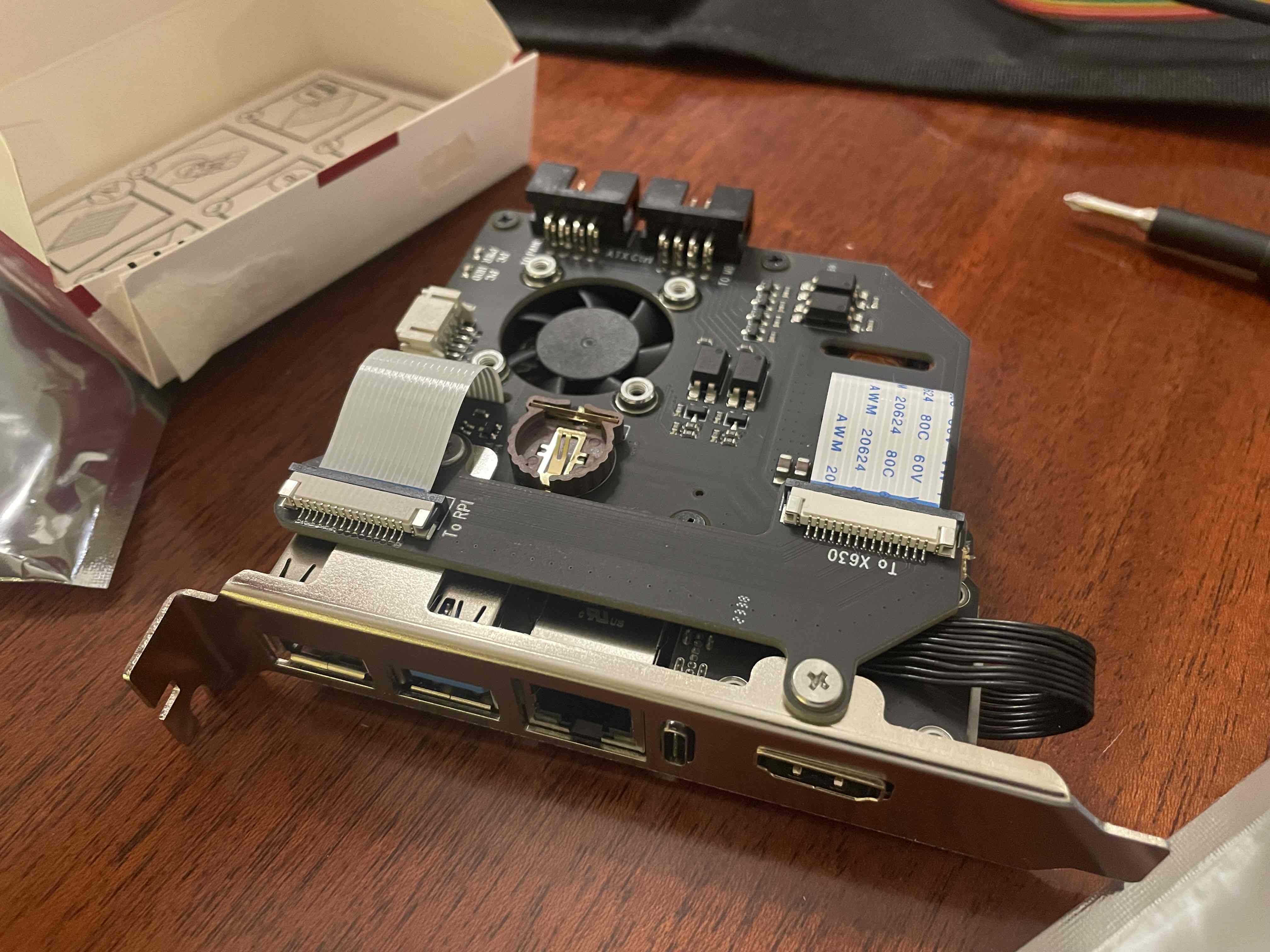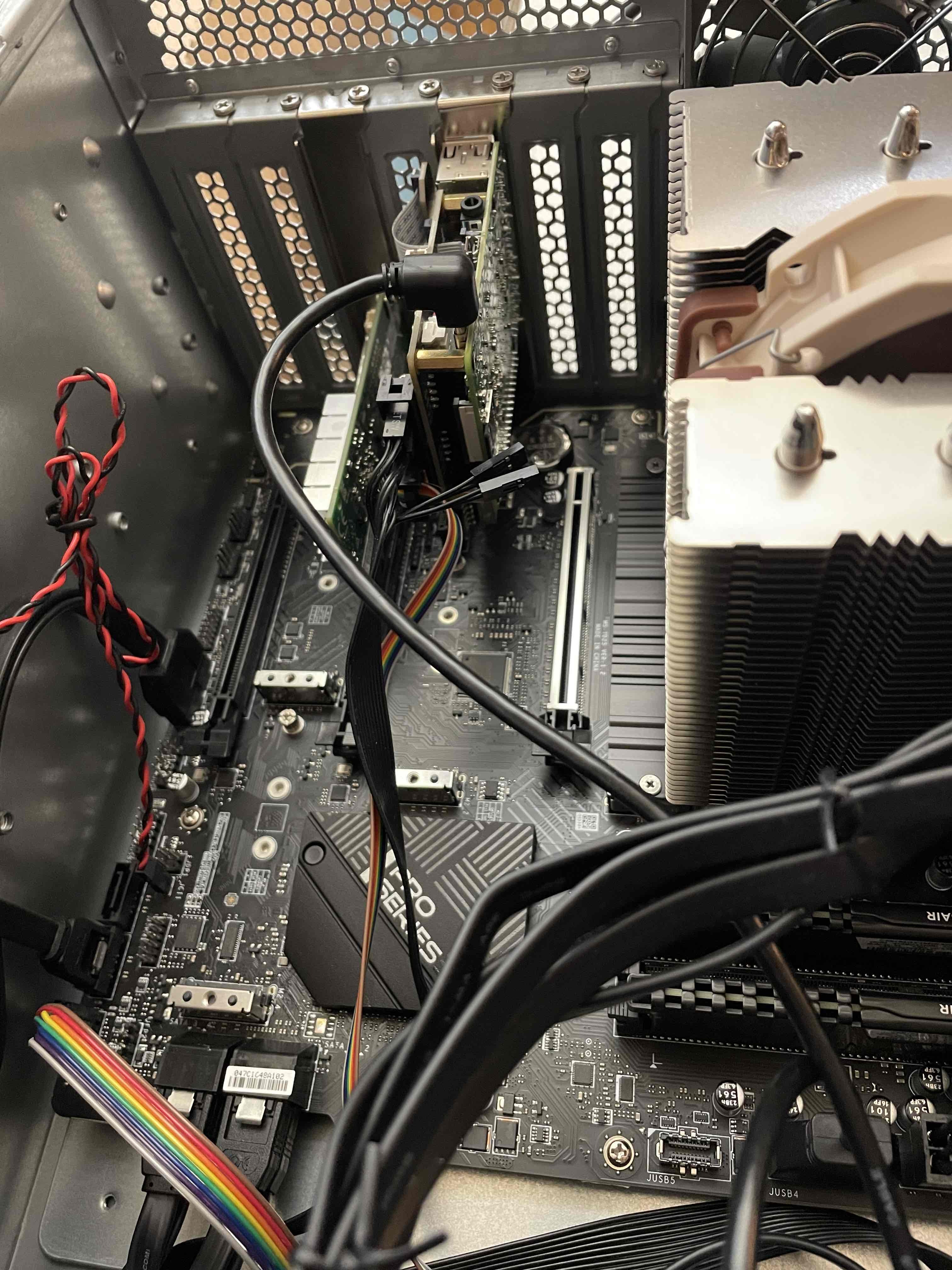Selfhosted
A place to share alternatives to popular online services that can be self-hosted without giving up privacy or locking you into a service you don't control.
Rules:
-
Be civil: we're here to support and learn from one another. Insults won't be tolerated. Flame wars are frowned upon.
-
No spam posting.
-
Posts have to be centered around self-hosting. There are other communities for discussing hardware or home computing. If it's not obvious why your post topic revolves around selfhosting, please include details to make it clear.
-
Don't duplicate the full text of your blog or github here. Just post the link for folks to click.
-
Submission headline should match the article title (don’t cherry-pick information from the title to fit your agenda).
-
No trolling.
Resources:
- selfh.st Newsletter and index of selfhosted software and apps
- awesome-selfhosted software
- awesome-sysadmin resources
- Self-Hosted Podcast from Jupiter Broadcasting
Any issues on the community? Report it using the report flag.
Questions? DM the mods!
view the rest of the comments


Yes. This is home-made out-of-band management, like HP's iLO, Dell's iDRAC, or generic IPMI. Not only is it a virtual KVM (keyboard/video/mouse), you can pass the host's power button through this device so you can remotely power on or reset a hung or powered-off system, or mount and boot from a virtual floppy or ISO to completely reinstall the remote system.
Cool, So actually something one could build out of anything with an USB, Ethernet port. But not sure how to add the Display receiver.. They using a RPi for this as well. I don't like that it occupies Video connector. Lots of systems only have a single one
It’s kind of the point here to occupy the video out as this is a server and has no screen connected otherwise. Normally it doesn’t need one.
I have to admit, that this might be true the very most cases. But there are more reasons why servers still have a video-port.
Why else would a server have a video port?